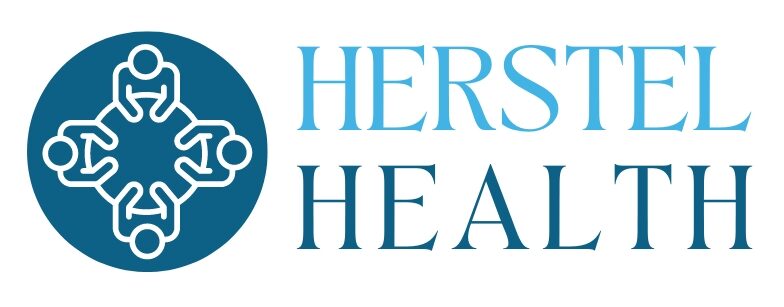
Teenage years are a period of significant change and emotional flux, but distinguishing between typical adolescent mood swings and clinical depression can be challenging for parents. Understanding the signs of depression is crucial, as early intervention can make a substantial difference.
Key Signs of Depression in Teens
Persistent Sadness and Irritability
One of the most recognized signs of depression is a pervasive feeling of sadness or irritability. According to a study published in JAMA Network Open (2019), persistent mood disturbances that last more than two weeks and interfere with daily functioning are significant indicators of depression in adolescents. Unlike typical teenage mood swings, depressive symptoms are more intense and persistent.
Changes in Sleep Patterns
Depression often disrupts sleep. A study in the Journal of the American Academy of Child and Adolescent Psychiatry (2020) highlights that changes in sleep patterns—either insomnia or excessive sleeping—are common in depressed teens. This might manifest as difficulty falling asleep, frequent waking during the night, or oversleeping and excessive daytime sleepiness.
Significant Changes in Appetite or Weight
Significant changes in eating habits can signal depression. Research in Current Psychiatry Reports (2021) indicates that both increased and decreased appetite, along with noticeable weight changes, are associated with depressive disorders in adolescents. These changes might be accompanied by a loss of interest in previously enjoyed foods or an increased craving for comfort foods.
Loss of Interest in Activities
A hallmark of depression is the loss of interest in activities that once brought joy. The American Journal of Psychiatry (2018) reports that a marked reduction in interest or pleasure in activities, known as anhedonia, is a strong predictor of depression. Teens may withdraw from social interactions, hobbies, or extracurricular activities they previously enjoyed.
Decline in Academic Performance
A sudden drop in academic performance can be an indicator of underlying depression. Research published in Child Development (2020) shows that depressed teens often struggle with concentration and motivation, which can lead to poor academic performance and disengagement from schoolwork.
Social Withdrawal
Social withdrawal is another significant sign of depression. A study in Clinical Child and Family Psychology Review (2021) found that depressed teens often isolate themselves from friends and family. This isolation is not merely a preference for solitude but a sign of emotional distress and a coping mechanism for their overwhelming feelings.
Physical Complaints Without Apparent Cause
Physical symptoms such as headaches, stomachaches, or chronic pain without a clear medical cause can be indicative of depression. Research in Pediatrics (2022) suggests that these somatic complaints are frequently reported by depressed adolescents and may be a way of expressing emotional pain.
Thoughts of Self-Harm or Suicide
Perhaps the most concerning sign is the presence of thoughts about self-harm or suicide. A study in The Lancet Psychiatry(2019) underscores the critical nature of these symptoms. If a teen expresses thoughts of self-harm or suicide, it is essential to seek immediate professional help.
Seeking Help
If you notice these signs in your teen, it is important to approach the situation with empathy and support. Open communication, encouraging your teen to express their feelings, and consulting with a mental health professional are key steps. Depression is treatable, and timely intervention can lead to effective management and recovery. Understanding and recognizing the signs of depression through scientific research can empower parents to act early, providing their teens with the support they need to navigate these challenging years.
Everyday is a New Day – Reap What You Sow
—
Struggling with Anxiety, Depression, or Weight Loss?
At Herstel Health, we consider the whole person. The mind and the body. Mental Health and Metabolic Health. Improving both together creates a harmonious state where you can thrive. The human being is an amazing organism with a tremendous capacity for self-healing whether regenerative growth from injury or fighting pathogenic invasion. Much of the illness and chronic disease we experience are rooted in metabolic disfunction and mental difficulties.
Schedule a FREE consultation today: www.HerstelHealth.com

